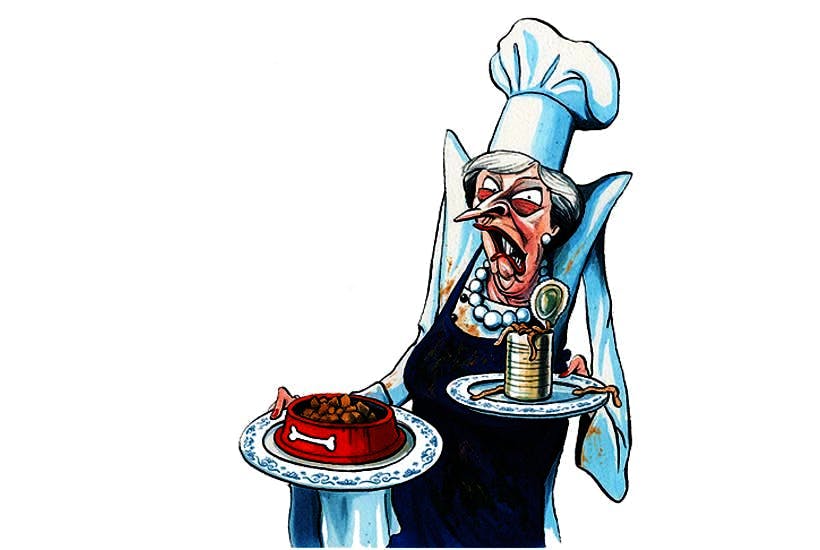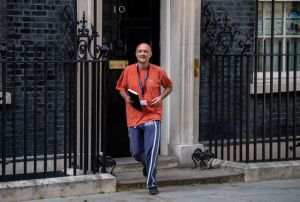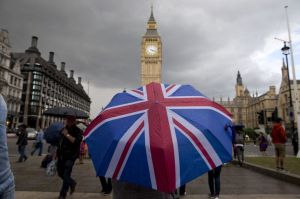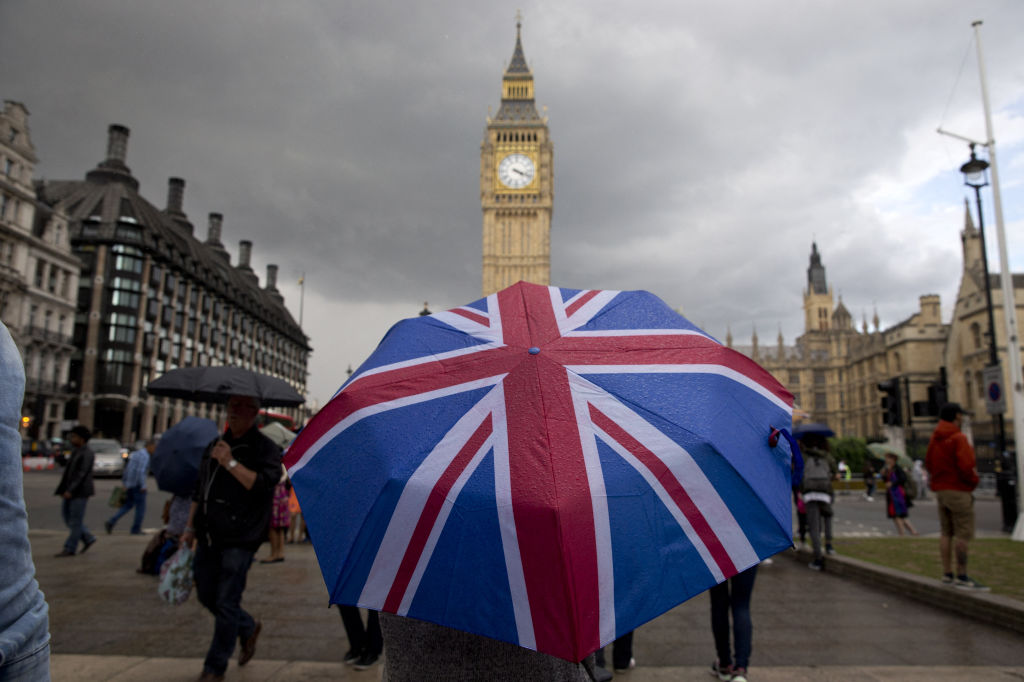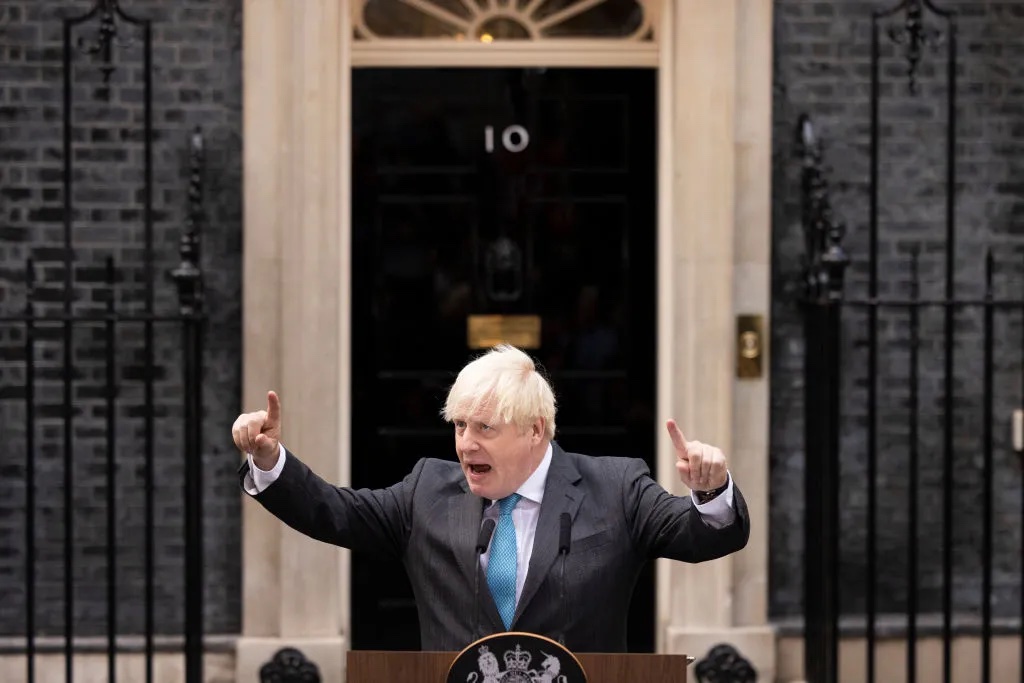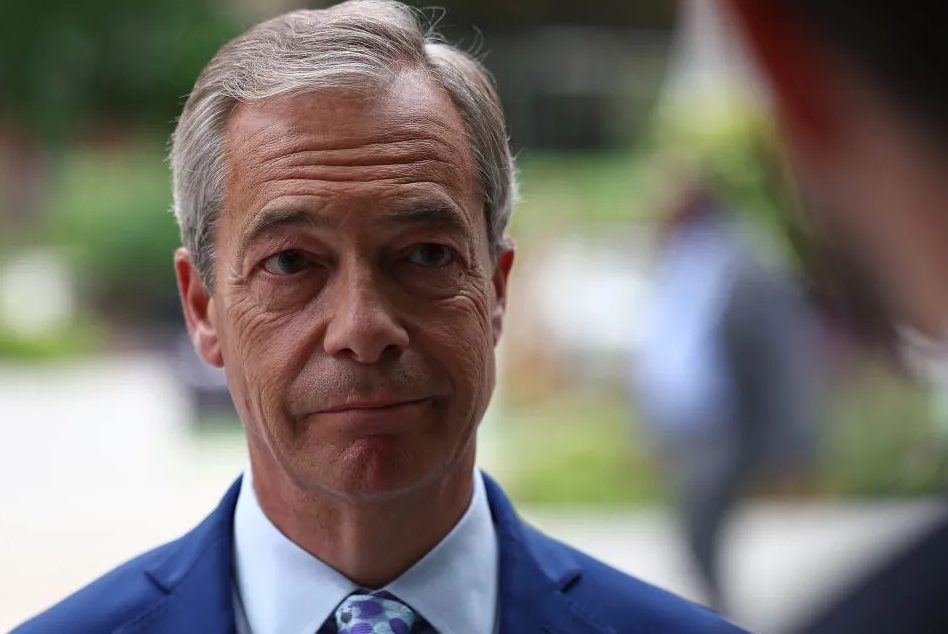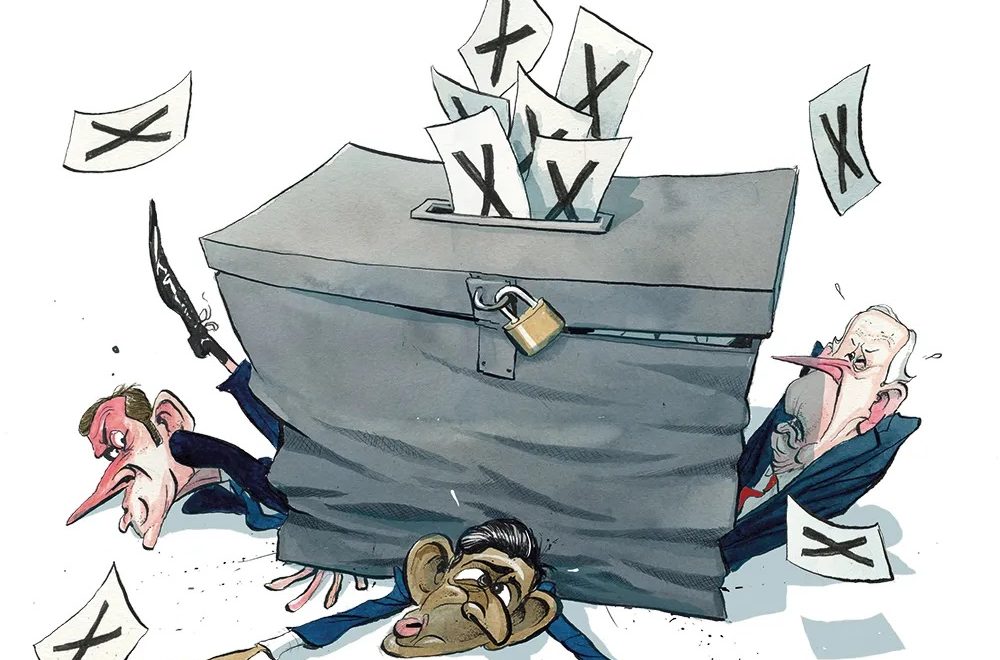A New Year and the same old mess, only with knobs on this time. If the government cannot be said to be distinguishing itself right now, its directionless meanderings are matched by those of the House of Commons as a whole. Brexit, we were often told, was a means by which ‘sovereignty’ could be restored to parliament in particular and, more generally, to the great British public itself. On the current evidence, you wouldn’t entrust a tombola to the House of Commons.
Last night the Commons demanded that the government avoid a no-deal Brexit. This was, if we are looking for something positive, mordantly amusing. But then gallows humor is about all that’s left to us in these hapless times. It remains staggering that so many MPs still refuse to accept that a no-deal Brexit is the default Brexit. It is the Brexit that happens in the absence of any other, agreed, Brexit. You can only avoid a no-deal Brexit by voting for something else. This is elementary.
And yet it is still too complicated a thought for the House of Commons. So we end up where we were all along. Without a third option – of a sort that as matters stand seems increasingly improbable – the choice remains between the agreement the government has reached with the EU and no deal at all. It is perfectly reasonable to dislike each of those options but it’s irresponsible, to put it kindly, to suggest there is some magical alternative to them. At present, there is not.
So Yvette Cooper’s amendment has all the power of homeopathic medicine. That is, it might be worse than useless, not least since it can only encourage foolish optimism in the face of all medical – or, in this instance, political – evidence. It is a road to precisely the kind of ruin it seeks to avoid.
There are precious few innocent parties here, however. The prime minister, as always, must accept a hefty portion of blame. You cannot spend 18 months chuntering that ‘no deal is better than a bad deal’ and then feign surprise, or even disappointment, when a significant portion of your own party takes you at your word. The withdrawal agreement is a bad deal for the very obvious reason no good deal was ever possible. Those dreamers who thought it would all be simple and easy and sunshine and unicorns deserve all the scorn heaped upon them. The notion that, as the weaker party to the negotiations, the UK could achieve a better deal than the status quo was always one for the birds. Brexit, as I have observed before, is a salvage operation; even if the operation is successful, the ship is not seaworthy.
But even a bad deal may be thought preferable to the chaos and nonsense of no deal at all. Once again, however, hark at the chutzpah of the Brexit headbangers. No deal was once impossible because the EU would swiftly appreciate that the UK held all the cards; now that reality has intervened, it appears no deal is actually what the British people demanded all along. The goalposts are always being moved, but by weasels not badgers.
Not that the opposition is any better, of course. Indeed Labour’s position may be even worse, being built on a toxic mixture of cynicism, mendacity, ignorance and ineptitude. As a warning of what a Corbyn government might operate this is, I suppose, a useful warning but for the moment it can hardly be said to be offering the country a plausible alternative it might find useful or even desirable.
Spare us, too, the bleating of the so-called ‘People’s Vote’ brigade. Many of these are folk who think the first referendum was an appalling blunder that can somehow be remedied by a second plebiscite. But even supposing there was a parliamentary route to a second referendum – and there is not, or at any rate there is not one at the moment – what would the quasi-Remain side argue in that referendum? It would have only one thing to say to the electorate: ‘You fools messed it up last time, now atone for your errors’. I am not sure this is a winning message. Nor is it one liable to overcome the awkward but real sense a second referendum is a kind of tantrum, a rage against the unfairness of losing first time around. And hence a form of cheating.
In any case, it is a hopeless distraction from the task at hand which is, remember, deciding whether to leave the EU with an agreement or without one. That remains the only real show in town; the only question which truly, really, matters. This week’s shenanigans do not alter that fact; indeed they confirm it.
Nothing has changed. It is deal or no deal and almost nobody emerges from this fiasco with their reputations enhanced or even, in fact, intact. They all deserve each other and that’s the best that may be said of any of them.
This article was originally published on The Spectator’s UK website.



